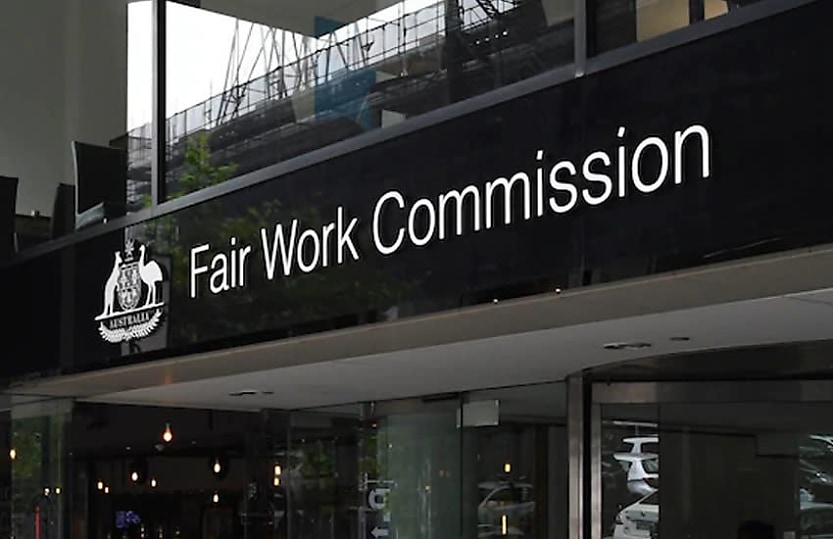Industry, small business urge FWC to dial back minimum wage rise

The ACTU’s 7 per cent claim is “reckless”, says one industry group, with high inflation and a slowdown in GDP growth.
Both small business and employer associations are urging the Fair Work Commission to dial back union demands for a 7 per cent increase in the minimum wage due to the challenging economic conditions.
“We are concerned that small business owners, including individuals and family businesses, are finding it increasingly tough to make ends meet,” COSBOA said.
“Unfortunately, even if the minimum wage increases for workers, it does not easily translate to higher earnings for these business owners. Small business owners are currently working for a low return.”
The association said a 4 per cent minimum wage increase would be more appropriate and manageable for the small business community.
But COSBOA’s suggested rise came in above the Ai Group’s preferred result of a 3.8 per cent increase, citing the expected slowdown in GDP growth.
Chief executive of the Ai Group Innes Willox said the rise in the unemployment rate by 0.1 percentage point was an indication of the economic downturn.
“Australia faces undeniably challenging economic conditions,” he said. “The economy is slowing dramatically, with GDP growth widely expected to slow to 1.5 per cent or less in the next year.”
“This is against a backdrop of already anaemic profitability outside of the mining sector and woeful productivity growth over the past decade - the slowest it has been for 60 years.”
“While there is justification for granting low-paid workers a meaningful increase in wages, the increase needs to strike a careful balance to avoid damaging a slowing economy and a softening labour market.”
Both associations rebuffed the ACTU’s suggested 7 per cent minimum wage increase with Mr Willox labelling it “reckless”.
“The RBA has been clear that it expects wages growth to be a key driver of inflation over the next couple of years,” he said.
“It has also noted that anticipated average wage growth of between 3.5 per cent and 4 per cent would present a risk of higher than anticipated inflation and interest rates unless it was backed by an uplift in productivity growth.”
“The more wages growth exceeds this anticipated range, the greater the threat of further fueling inflation and interest rate pressures and a steeper rise in unemployment.”
About the author

